Valve’s Steam Deck has been the talk of handheld gaming town for a while now. While we are still learning more about the capabilities of this new machine, Valve has stated that they have plans to make more devices in the same category.
Deck designer, Greg Coomer, has claimed that Valve intends “to continue making devices in this product line.” The company also hopes that other manufacturers also jump into this area with their own devices.
This ‘population through competition’ goal was some Gabe Newell himself had stated as being one of the intentions of the Steam Deck, “to be establishing a product category that ourselves and other PC manufacturers are going to be able to participate in.”
Newel feels that this is a category that is “going to have long-term benefits for us.”
In an interview with PC Gamer, Greg Coomer confirmed Newell’s statements.
We are hopeful that this category becomes an actual category where there are multiple choices within it. We intend to continue making devices in this product line.
Greg Coomer
He went on to say,
But we also think it makes sense for other people to fill this space. So, if we’re right about that, then there will be more choices within the category, where other manufacturers are participating, making handheld PC gaming units themselves, and calling them something else.
Greg Coomer
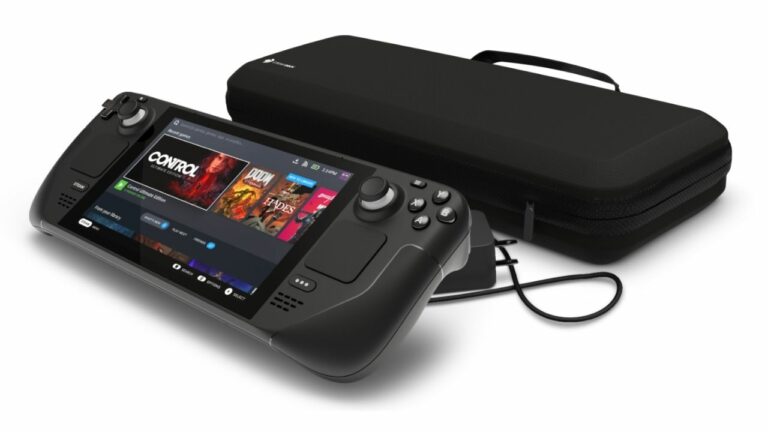
So, according to what Coomer has said, these third-party devices will not be called Steam Decks, just as they weren’t all called Steam Machines before.
Yeah, I guess it’s similar. Except that we’re not banking on that for the existence of the category, and we’re solving the problems ourselves. And we intend to continue doing that.
Greg Coomer
When it came to the Steam Machines, Valve was completely dependent on its PC manufacturing partners making and selling the systems it was promoting as a unique non-Windows gaming PC, using its first iteration of SteamOS.
Sadly, SteamOS took longer than expected to ship, and companies like Alienware started shipping their systems with Windows installed.
This time, Valve has been encouraging other manufacturers to get involved and is leading the charge themselves, developing both the software and hardware in parallel to guarantee the best experience possible.
And it definitely feels like Valve has learned a lot from the Steam Machines debacle.
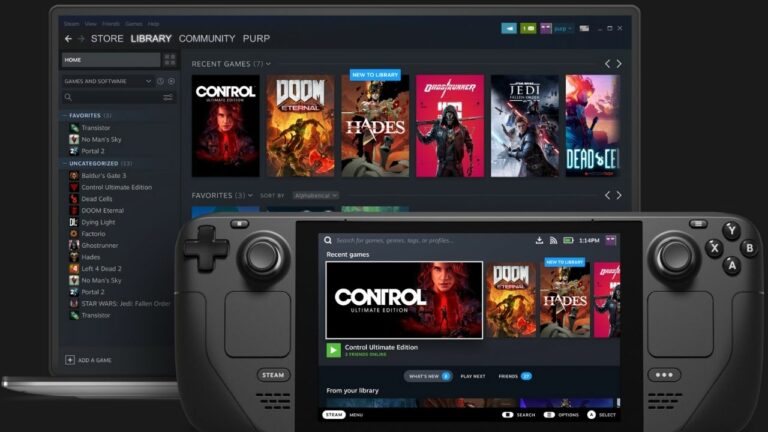
But there are lots of other ways that you could skin this with different features taking priority, different calculations on the cost vs. value benefits.
Greg Coomer
Above, Coomer suggests taking different approaches to the handheld gaming PC than Valve’s all-in-one approach with the Steam Deck. This isn’t the only way designers have to adopt, as manufacturers can try and employ their own take on this category.
Somebody might want to, for example, make a version of this highly tuned for long battery life and streaming games from another PC. Which is a pretty interesting product. And, you know, it’s just one version that we’re not planning to do right away, that somebody else might want to… Lower cost, higher battery, very different architecturally, technically.
Greg Coomer
All of this simply highlights how malleable the handheld PCs category can become. It’s an exciting time for handheld machines, and we’re hoping the Steam Deck lives up to the incredible hype it has created so far.
About Valve Software
Valve Corporation, also known as Valve Software, is an American video game developer, publisher, and digital distribution company based in Bellevue, Washington. Valve is best known for the software distribution platform Steam, along with gaming franchises such as Half-Life, Counter-Strike, Portal, Day of Defeat, Team Fortress, Left 4 Dead, and Dota.
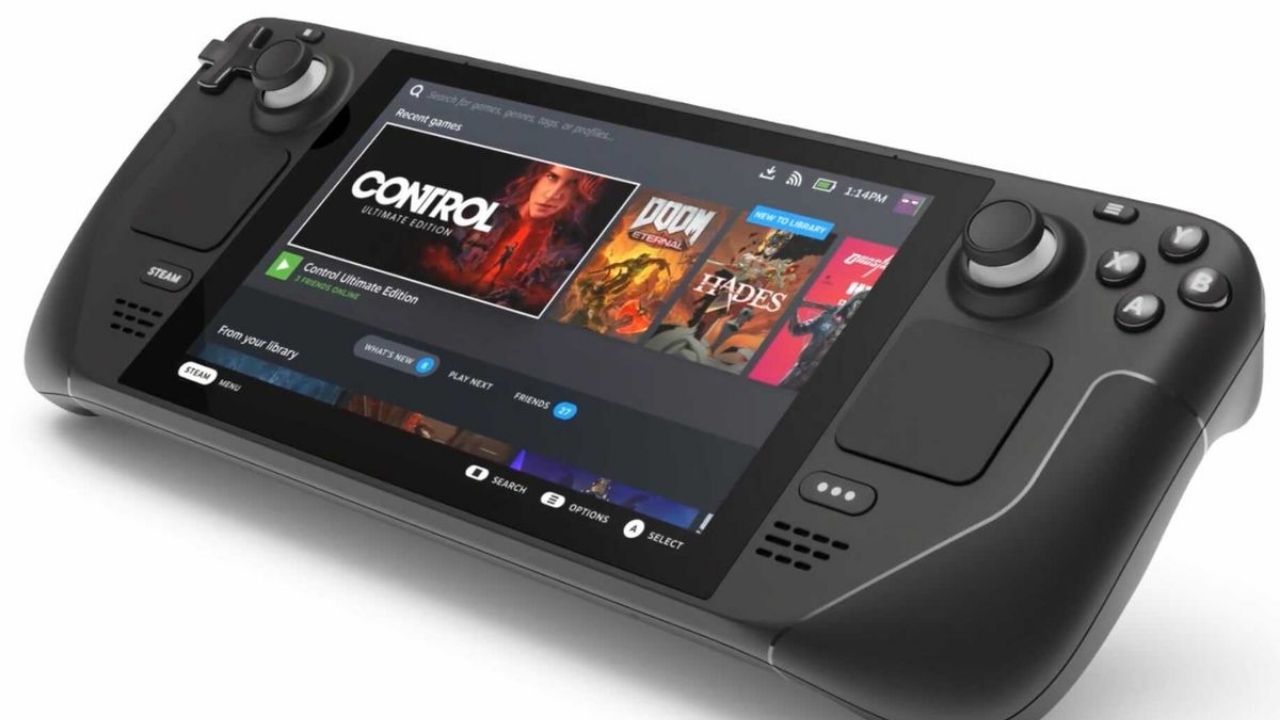

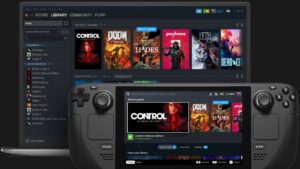
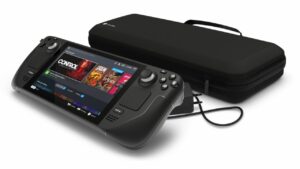


No Comments on Valve Plans to Make More Handheld Devices like the Steam Deck